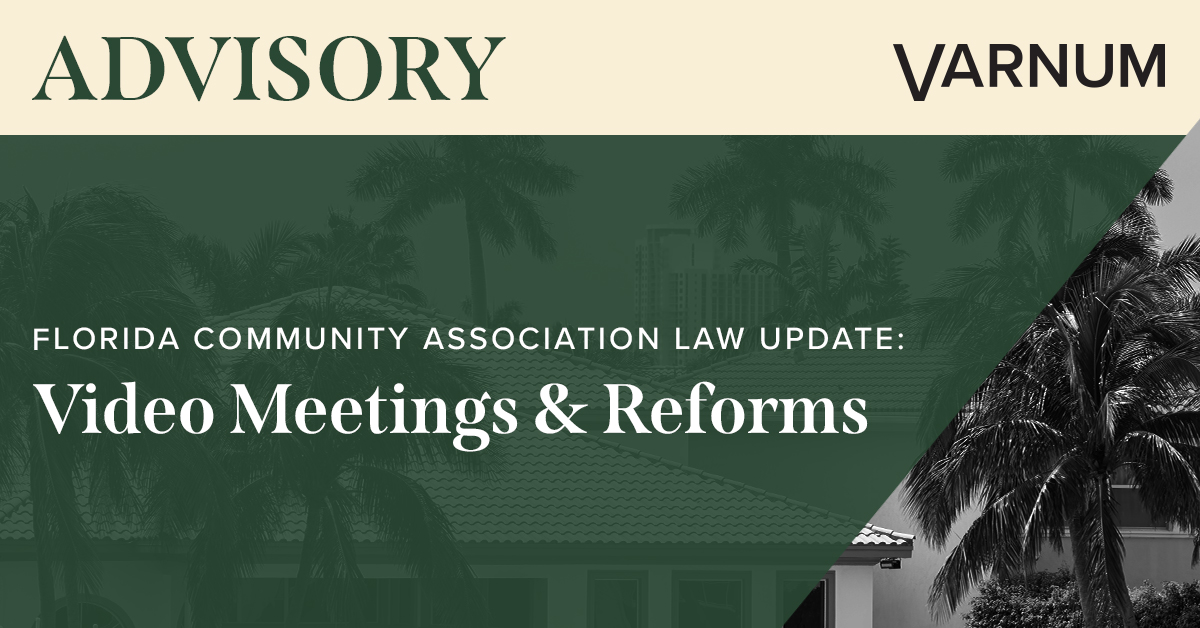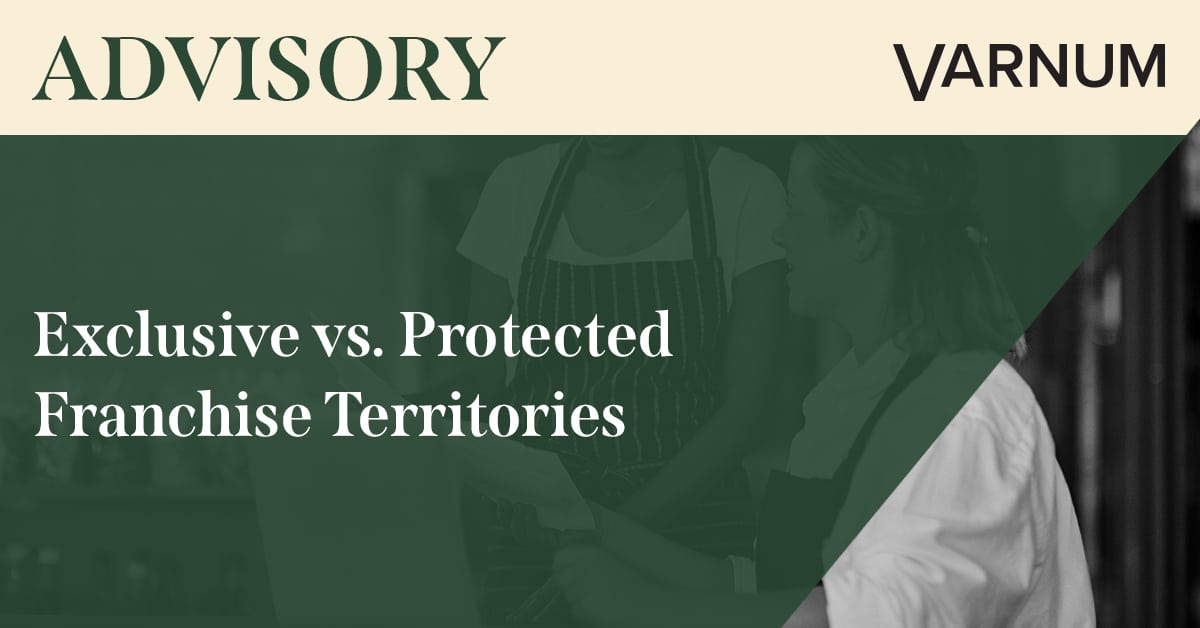Michigan is emerging as one of the most compelling jurisdictions for hyperscale and enterprise data center development. In addition to ideal land-use conditions, Michigan offers significant tax incentives, including an exemption from the 6 percent sales and use tax on certain data center equipment and construction materials. Michigan also provides regulatory options for power supply that are not available in other states.
As interest from sophisticated developers accelerates, however, a familiar pattern is taking hold across Michigan’s townships and municipalities: the preemptive development moratorium.
The Michigan Data Center Development Landscape
Dozens of Michigan municipalities, many of them well-positioned for data center siting due to infrastructure, land availability, and utility access, have enacted temporary moratoria on data center development.
While courts have recognized a municipality’s authority to adopt moratoria under certain circumstances, there is no express statutory authority for development moratoria in Michigan. However, moratoria are not new to developers in the state. Municipalities have used them to pause development while reviewing or amending zoning ordinances and to delay or discourage projects they oppose. In practice, a moratorium can function either as a shield or as a sword.
Moratoria vary widely in scope and defensibility. Some are narrowly tailored and supported by clear findings, while others are broad and more vulnerable to legal challenge. Most reflect a common reality: local zoning ordinances drafted decades ago did not contemplate modern data centers, particularly their scale, energy demands, and operational intensity.
Under the Michigan Zoning Enabling Act and related statutes, local governments retain authority over zoning approvals for data centers. The interaction among zoning authorities, municipal powers, and utility regulation creates both strategic and operational obstacles. The timing of site control, pre-application engagement with local officials, and the overall project posture can affect a development’s trajectory.
For developers unfamiliar with Michigan’s legal and regulatory framework, an early strategy is critical.
What Data Center Developers Should Know About Michigan Moratoria
A moratorium is not necessarily a dead end. Michigan law imposes substantive and procedural constraints on a municipality’s authority to enact or extend a development moratorium. The enforceability of any specific moratorium depends on its language, legislative findings, procedural history, and factual context. Generally, a valid moratorium should be tied to protecting public health, safety, and welfare.
Beyond zoning, Michigan data center projects implicate a complex web of permitting, environmental compliance, energy regulation, and economic development incentives. Key considerations may include:
- Brownfield redevelopment incentives
- Environmental permitting and compliance
- Large-load interconnection and electric service agreements
- Power Purchase Agreement (PPA)
- Real estate acquisition and site control strategy
- Payments in lieu of taxes (PILOTs)
- State and local tax incentives
The path to energization is rarely linear. Developers who approach these workstreams sequentially, rather than in parallel, often face avoidable delays or disadvantages. A coordinated, Michigan-specific strategy can significantly reduce entitlement risks and timeline uncertainty.
Working with Varnum on Michigan Data Center Projects
Varnum advises data center developers, owners, and investors across the full lifecycle of Michigan projects. Our team works closely with municipalities, utilities, and state agencies across the state and brings integrated experience in:
- Land use and zoning
- Real estate transactions
- Environmental permitting and compliance
- Energy and utility regulation
- Tax incentives and economic development programs
- Public finance
We help clients structure early engagement to preserve optionality, evaluate moratorium risk, coordinate parallel workstreams, and move efficiently, from site selection to certificate of occupancy.
Michigan’s data center market is rapidly expanding. Developers positioned with a thoughtful legal and regulatory strategy will be better equipped to navigate risk and advance efficiently.
For guidance on Michigan data center development, zoning moratoria, or energy strategy, contact a member of Varnum’s Energy Practice Team.





